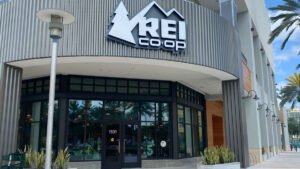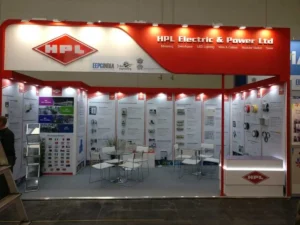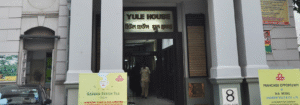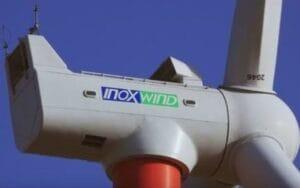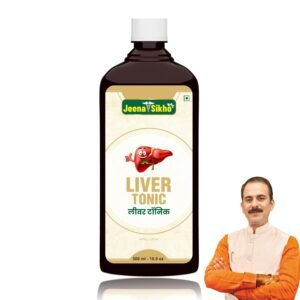1.At a Glance🧴
Jyothy Labs is what happens when your nirmaa-washing dreams meet your mosquito-repelling nightmares — all under one roof. With brands like Ujala, Pril, Exo, Margo, and Maxo, they’ve been scrubbing, whitening, and dishwashing their way through ₹2,854 Cr in TTM sales. But here’s the kicker: after 40+ years in the game, the real question is — are they just rinsing and repeating or actually innovating?
2.Introduction
Once upon a time in Thrissur, Kerala, a man named M.P. Ramachandran launched a tiny ₹5,000 startup called Jyothy Labs in 1983. Today, it’s a ₹12,000+ Cr FMCG player trying to fight the HULs and Daburs of the world — armed with detergent, dishwash, and a hell of a lot of mosquito coils.
Fast-forward to Q1 FY26: revenues grew 1.4% YoY, volume growth hit 3.6%, and PAT came in at ₹96.8 Cr. But look closely and you’ll see cracks — working capital days nearly doubled, and debtor days are creeping up like that one cousin who always asks for money. With ₹751 Cr in quarterly revenue and an 18% OPM, margins are clean, but top-line growth? Let’s just say it’s exfoliatingvery gently.
3.Business Model (WTF Do They Even Do?)
Jyothy Labs is basically your bathroom + kitchen in corporate form. Their four segments are:
- Fabric Care (44%)– Ujala and Henko lead the charge. Ujala Supreme holds 84% market share in fabric whitener. Basically, itisthe market.
- Dishwashing (28%)– Exo and Pril keep your plates shinier than your future.
- Household Insecticides (16%)– Maxo chases away more mosquitoes than your ex runs from commitment.
- Personal Care (12%)– Margo, Neem active, etc., keeping Ayurveda alive since before it was cool.
Their model is asset-light, brand-heavy, and pan-India. But competition is brutal and rural growth is always a wild card.
4.Financials Overview
TTM Revenue:₹2,854 CrTTM EBITDA:₹490 CrTTM PAT:₹366 CrEPS (FY25):₹10.11P/E (Recalculated):333 / 10.11 ≈32.9x
Revenue growth has been slow at 2%, but profits have grown at a 19% CAGR over 5 years — thanks to margin improvement, not volume firecrackers. ROCE is an
eye-popping 38%, and ROE sits proudly at 30%. The balance sheet is as clean as their detergents — debt is negligible at ₹61 Cr.
5.Valuation – Fair Value RANGE Only
Method 1: P/E Method
- EPS (FY25): ₹10.11
- Applying historical P/E range: 28x–35x
- Fair Value = ₹283–₹354
Method 2: EV/EBITDA
- EBITDA: ₹490 Cr
- EV/EBITDA range: 18x–22x
- Implied EV = ₹8,820 Cr – ₹10,780 Cr
- Less: Net Debt (Negligible, assume ₹0)
- Market Cap Range = ₹8,820 – ₹10,780 Cr
- FV per share = ₹238 – ₹291
Method 3: DCF (Guesstimation)
- Assuming 10% revenue growth, 17% EBITDA margin, discount rate 12%
- Implied FV range: ₹270 – ₹320
| Method | Fair Value Range (₹) |
|---|---|
| P/E | 283 – 354 |
| EV/EBITDA | 238 – 291 |
| DCF | 270 – 320 |
“This FV range is for educational purposes only and is not investment advice.”
6.What’s Cooking – News, Triggers, Drama
- Q1 FY26 Results:Revenue growth was meh (1.4%) but PAT ₹96.8 Cr is stable.
- New Launches:Expansion of liquid detergent line under Mr. White & Morelight.
- Festive Season Ahead:FMCG demand always surges in Q2–Q3, so expect some festival tailwinds.
- Volume vs Value Fight:Rural volumes recovering, but inflation isn’t done slapping wallets.
- Working Capital Ballooning:From 39 to 97 days — CFO might need Ujala Supreme for his spreadsheets.
